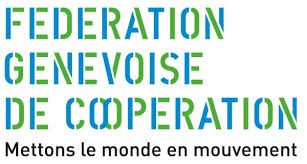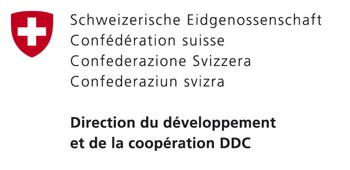

March is an opportunity to take advantage of the issue of women. A month of awareness among men and women themselves. However, the period should also be devoted to awareness-raising with a view to combating gender-based violence (GBV).
Except that in Faranah, 3 out of 5 women are subjected to violence in their homes in the prefecture and in certain rural areas.
These women are often victims of three types of domestic violence: physical (assault and battery, self-inflicted bodily harm, etc.); psychological (defamation, insults and threats) and economic violence (abandonment of family), according to the Guinean penal code.
However, the most recurrent is physical violence. “All of these actions are about women. It has a little to do with tradition. We are in a rural world where people are attached to culture. A culture that wants to be in terms of superiority, which puts men above women. This conception of a slave still exists ... ", recalls Mamadou Magassouba.
These cases of gender-based violence are recurrent in certain areas due to the fact that there is a problem of access to justice.
Faced with these behaviors, Mamadou Magassouba’s prosecutor’s office gave a response in accordance with the recommendations during the Estates General of Human Rights held in 2011. These difficulties were identified and solutions were found.
"When you take the ratio of security forces to population, it is minimal. You will see sub-prefectures of more than ten thousand inhabitants with a single police officer, sometimes a volunteer. You are going to the districts, you will not find any police or gendarme ”.
This problem of access to justice is not only of concern to those in power and, on the other hand, to citizens, launched the magistrate.
It should be noted that domestic violence has experienced a kind of entrenchment in the city of Faranah and in rural areas. This is explained by the fact that some families prefer to settle their disputes amicably.
"To want to file a complaint is to endanger the marital bond. Because a husband who is taken to court by his wife, after the judgment, it is the divorce which follows. That’s the design. "
Along the way, the prosecutor’s office at the Faranah Court of First Instance is often seized by women’s rights organizations, the press or the club of young girl leaders from Faranah.
In Guinea, acts of willful assault are punishable under the provisions of article 239 of the penal code; threatening acts are punishable under article 282; insults and defamation are also punishable under Article 363; and family abandonment, provided for and punished by the provisions of article 369 of the penal code.
Prosecutor Mamoudou Magasouba believes that by popularizing the laws, and also by raising awareness, the scourge could be eradicated.
Dansa Camara https://www.guinee360.com/







Gender and Development Prpgram
01 BP 1756 Ouagadougou 01
phone.: (226) 70440372 / 76209811
E-mail: gender.africa@gmail.com
Copyright © 2020 Gender Program - All rights reserved. Design: Yam-pukri


